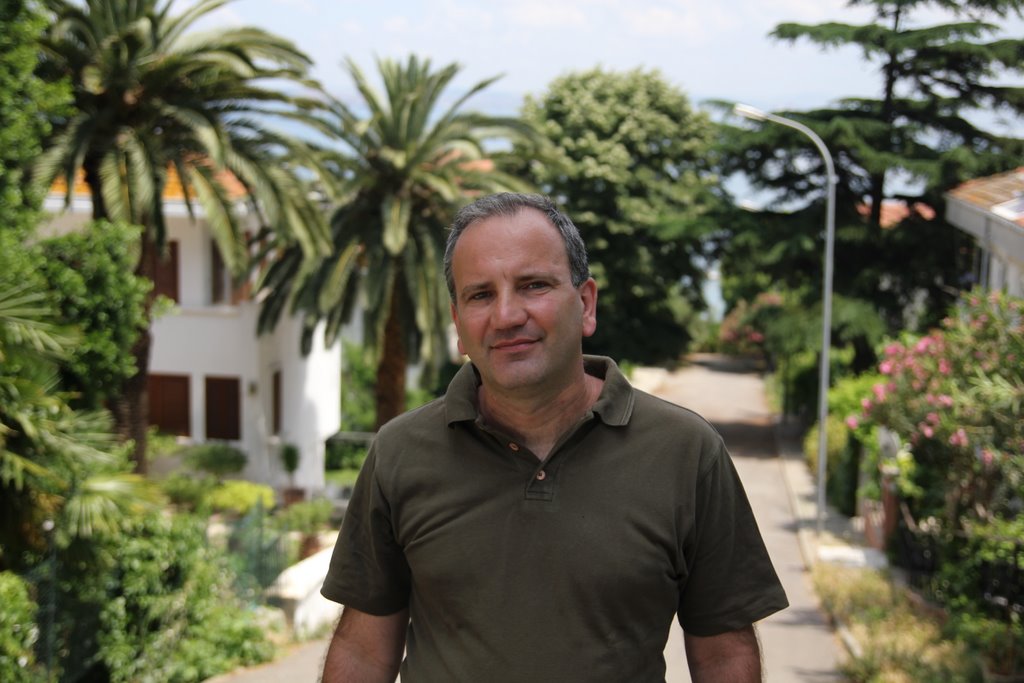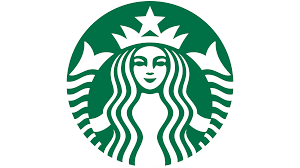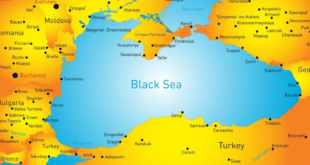When scrolling through Turkish social media you will inevitably come across the long-discussed debate over why there are so many Starbucks in Turkey. Why are the coffee chain’s stores so popular in a country that has its own rich, unique, world-renowned local coffee culture?
The topic has been agonized over by social media users, dividing them into two camps: those critical of paying such high prices, comparing it to the same coffee one can drink elsewhere at more affordable prices and accusing the brand of being a tool for capitalism, and those who would fight tooth and nail for it, of which one can be sure Howard Schultz is unaware.
So, what is all the fuss about and what strategies did the world-famous coffee chain employ to conquer Turkish customers’ hearts?
Most recently, the topic fueled conversation again when a 2020 graphic emerged showing the number of Starbucks branches per European country: Turkey ranked second after the U.K., outpacing countries like France, Spain, Germany and Greece. Although the size of the population should be taken into consideration, Italy still secured its position with nearly the lowest number of branches, only nine, which does not come as a surprise.
Certain local news sites even brought the subject up referencing a Turkish economist’s 2019 comments discussing established terms such as conspicuous consumption as well as new ones such as the snob effect, without mentioning any brand name.
In a developing country like Turkey, conspicuous consumption can be observed in many segments of life and is not limited to the high schoolers hanging out in a Starbucks. It is a phenomenon prevalent throughout society, like when relatively lower-income citizens purchase the latest mobile phones, weighing themselves down with monthly payments.

This might be the case with Starbucks, although there are now many other coffee shops, particularly “third-generation” cafes that sell a cup of coffee at double the price of the chain brands.
When it comes to conspicuous consumption, professor Murat Çokgezen of Marmara University’s Economics Department argues that Starbucks is no longer on the table. He said that going to Starbucks has almost become a routine event for young people from many different neighborhoods and socioeconomic backgrounds.
Çokgezen emphasized that quite to the contrary, the brand presents equal service to all customers regardless of which neighborhood they live and that the easy accessibility to the same coffee at the same price, diminishes the opportunity for people to show off with it.
“It’s not something that makes a difference to show off,” he said.
There is another, arguably more interesting, aspect from a marketing point of view that has made Turkey a great market for the brand and helped in securing its place.
First and foremost, when Starbucks Coffee International, a wholly-owned subsidiary of Starbucks Coffee Company, and its Turkish licensee, Kuwaiti-owned Shaya Kahve Sanayi and Ticaret A.Ş., began its partnership with its first Istanbul store in 2003 and its first two Ankara locations the following year, there weren’t many local coffee chains in the country – something it still lacks.
According to several statistics, there are currently more than 31,000 Starbucks branches worldwide that the company operates or licensed, and over 500 of them are in Turkey. Starbucks ranks second worldwide in brand value after McDonald’s, valued at approximately $47.8 billion. The net revenue of the company has been maintaining its upward course between 2003 and 2019, except 2009 when it dropped year-on-year for the first time.
Source: www.dailysabah.com
 THE GLOBAL WINDOW OF TURKISH FOOD AND AGRICULTURE The Global Window of Turkish Food and Agriculture Sector
THE GLOBAL WINDOW OF TURKISH FOOD AND AGRICULTURE The Global Window of Turkish Food and Agriculture Sector









